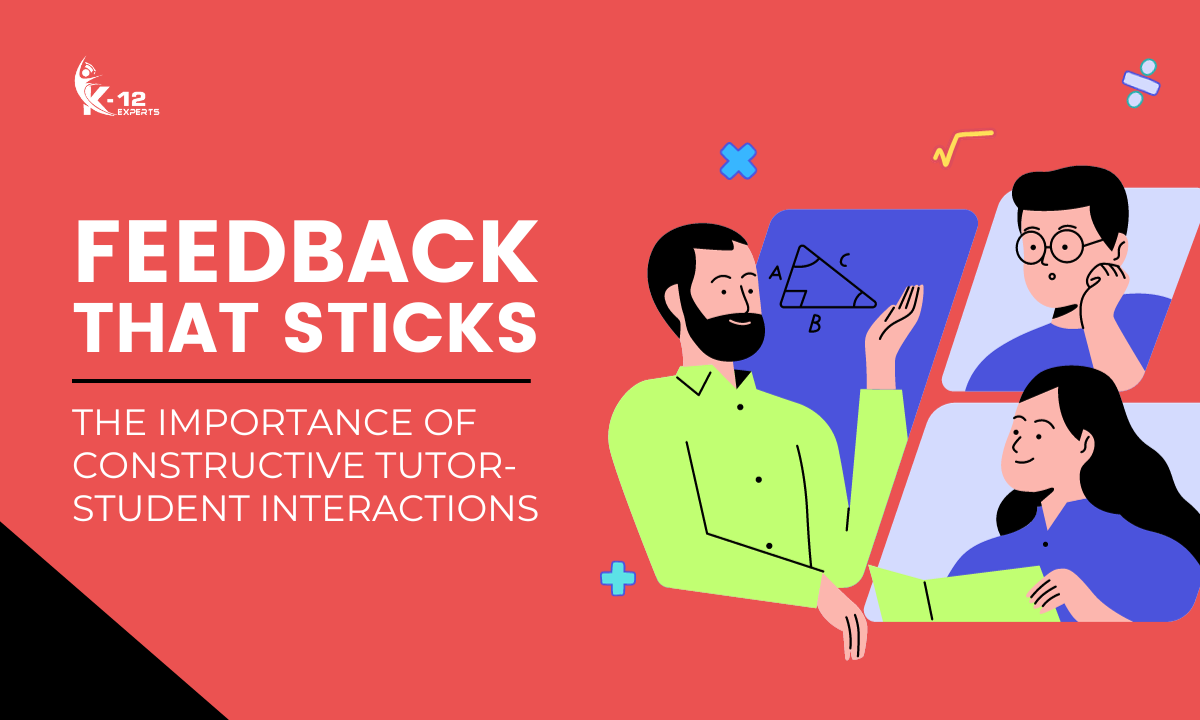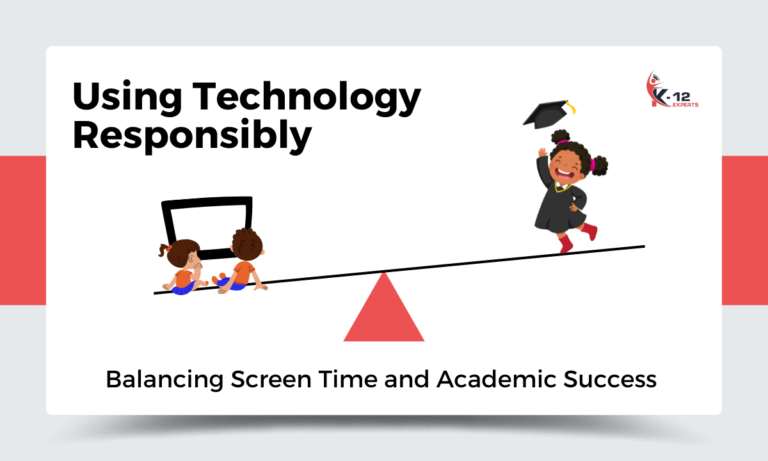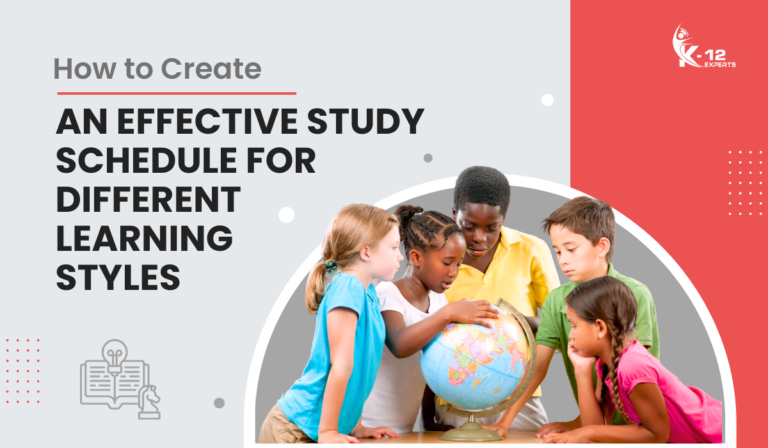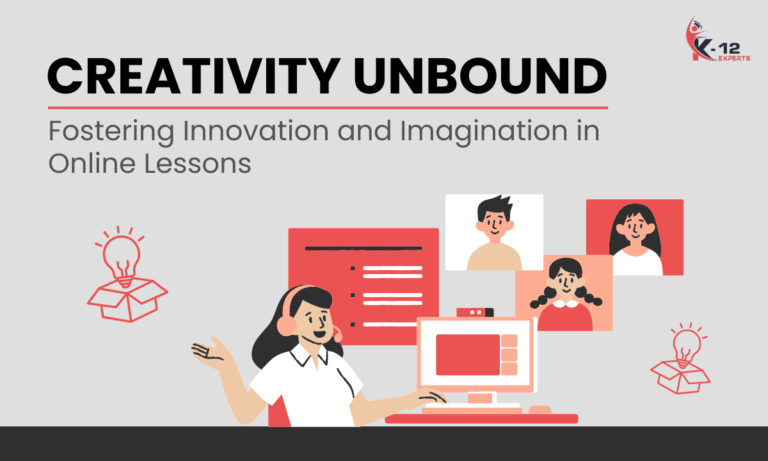Ever wondered why the saying goes ‘Feedback is the breakfast of champions?’
This piece explores the science behind why effective communication between tutor and student matters. We delve into the mind, examine real-world instances, and introduce novel tactics.
You’ll comprehend why positive feedback transforms learning and how to incorporate it into your teaching style. Prepare to reshape your communication and observe your students thrive.
Understanding the Dynamics of Feedback

Grasping feedback dynamics is about understanding its crucial part in your learning journey and how it can boost your school grades. Feedback Models, whether a straightforward checklist or a sophisticated multi-dimensional matrix, act as modern aids to streamline your comprehension and analysis of feedback.
Peer Evaluation also plays a significant role. It’s not only about judging others’ work but also an opportunity to introspect. It helps you to handle criticism, identify usual errors, and nurture empathy.
Keep in mind, that feedback isn’t a verdict; it’s a tool for learning. So, make sure to use it wisely.
The Psychology Behind Effective Feedback

The way you take in feedback can greatly affect your learning and results. How you see feedback – as a chance to improve, or as mere criticism – can make a big difference. If you view it positively, you’re more likely to make the suggested changes, but if you see it as criticism, you might get defensive and your progress could stall.
Techniques for Constructive Tutor-Student Interactions
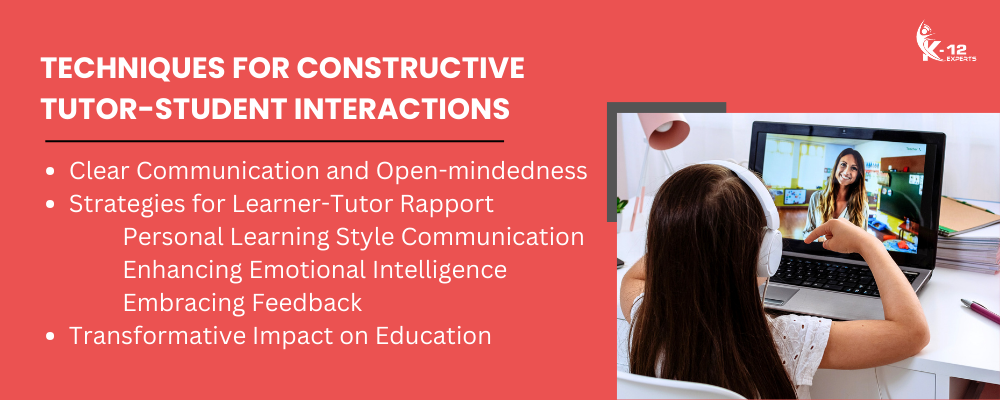
As a learner, it’s crucial to communicate clearly and keep an open mind for a productive rapport with your tutor.
Here’s how you can do it:
Firstly, make sure your tutor knows your personal way of learning so they can guide you better.
Secondly, work on your emotional intelligence to better manage feelings during your tutoring sessions, creating a more effective learning space.
Lastly, always welcome feedback, as it fosters useful discussions with your tutor.
These strategies can make a world of difference, revolutionizing your educational journey by making feedback a stepping stone for improvement.
Case Studies: Impact of Constructive Feedback

Embracing your tutor’s constructive feedback can vastly improve your academic performance. However, obstacles like fear of criticism or unclear communication can hinder this process.
To combat this, it’s crucial to foster an environment that promotes open discussion and vulnerability. A study at a forward-thinking university found that students who actively sought their tutors’ feedback showed noticeable improvements in their work. This underscores the power of constructive feedback, challenging us to reconsider conventional teaching methods.
Accepting feedback is more than just fixing mistakes; it’s about cultivating a culture focused on learning and innovation.
Strategies to Improve Feedback Delivery

As a mentor, it’s important to know that utilizing certain techniques can help you give feedback in a way that’s more beneficial for your learners.
Using tech tools like online platforms can streamline the process, ensuring timely responses and tracking progress.
Encouraging learners to assess each other’s work can help them think critically and engage more while adding a new viewpoint.
Also, personalizing feedback to suit each learner’s unique needs can promote in-depth learning by making the feedback relevant and actionable.
Frequently Asked Questions
What Are the Qualifications Needed to Become an Effective Tutor?
To be a successful tutor, you should have a deep understanding of your subject, coupled with the ability to communicate clearly. Being patient and empathetic towards your students is also essential. Recognizing various learning styles and using creative methods to make the material more memorable can greatly enhance the effectiveness of your tutoring sessions.
How Can Modern Technology Be Utilized in Delivering Feedback?
Digital feedback tools and online assessment systems can be a game-changer in education. They offer immediate, crystal-clear, and customized responses, enhancing the learning experience by catering to the individual student’s specific requirements.
How Does Culture Influence the Feedback Process Between Tutors and Students?
Culture plays a pivotal role in the feedback process. It’s critical to embrace cultural awareness and effective intercultural communication to make sure your feedback is not only effective but also respectful, fostering learning in a multicultural educational setting.
How Can Parents Be Involved in Improving Feedback Delivery?
Contrary to what some may believe, parents can indeed play a significant role in enhancing the delivery of feedback. By actively engaging with their kids, parents can help affirm and clarify feedback, thus enabling students to grasp and implement it more effectively. This can, in turn, foster a conducive educational atmosphere.
What Are the Potential Challenges Tutors Might Face When Giving Constructive Feedback?
Tutors may find it tough when students brush off or overlook their guidance, a problem known as feedback resistance. Moreover, the emotional toll of dealing with adverse responses can make the task of providing useful critique quite daunting.
Conclusion
In conclusion, a well-thought-out critique can help students grow in confidence. The way you communicate is as critical as the message itself. By giving clear, precise, and straightforward feedback, you create a productive tutor-student relationship.
Aim to be encouraging, concise, and tactical with your advice. This not only enriches the learning experience but also inspires students to do their best.
Your words can make a significant difference in your students’ future success, so use them wisely.

